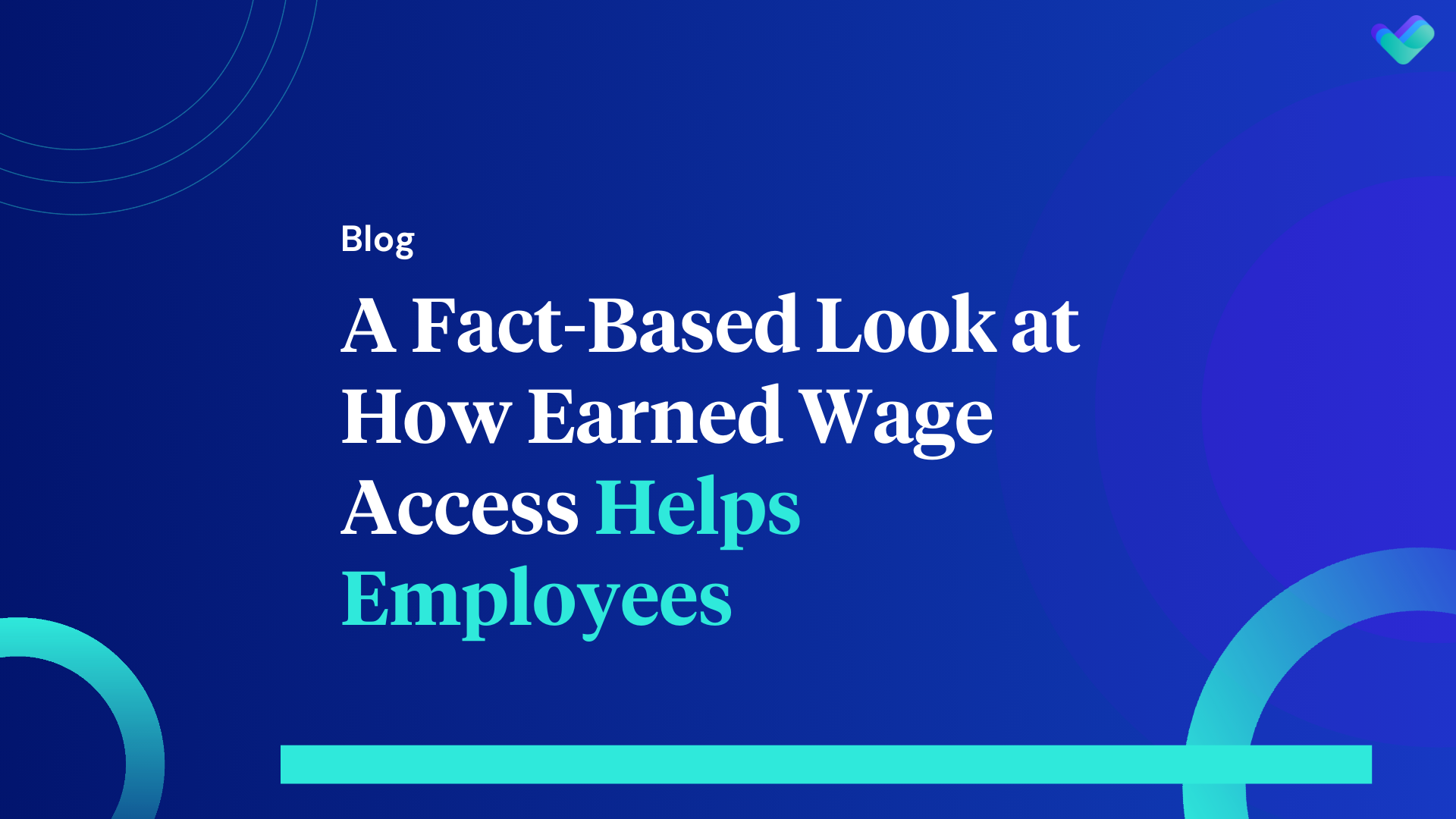Background
At Tapcheck, we believe financial wellness is foundational to overall well-being—especially for hourly workers. In this article, we explore the often-overlooked connection between consumer debt and mental health, and why supporting employees’ financial stability isn’t just compassionate—it’s strategic.
Consumer debt is a growing and often invisible strain on Americans’ mental health. Roughly three-quarters of U.S. households carry some form of debt, with many burdened by credit card balances, medical bills, and personal loans. While these financial obligations are easy to quantify, their psychological effects are less visible—and often more damaging.
Debt’s Psychological Toll
Mounting debt correlates strongly with increased levels of anxiety, depression, and chronic stress. Research published by the American Sociological Society links unsecured debt with higher rates of depressive symptoms and diminished self-esteem.
Individuals in debt often report difficulty sleeping, trouble concentrating, and an ongoing sense of hopelessness. These mental strains can, over time, compromise physical health and contribute to hypertension, cardiovascular issues, and a weakened immune response.
Why Hourly Workers Are More Vulnerable
Hourly workers face particular exposure to these stressors. Irregular schedules, limited access to benefits, and lower earnings make financial stability elusive. Many rely on credit cards or payday loans to manage emergencies or fill gaps between paychecks—short-term solutions that often create long-term financial entrapment.
The psychological toll of this cycle is profound. Debt anxiety bleeds into the workplace: employees may be distracted, fatigued, or frequently absent. According to a PwC Employee Financial Wellness Survey (2023), financially stressed employees are nearly five times as likely to admit financial issues have impacted them at work. A third of employees said it affected their work performance.
The Employer’s Role in Financial Well-Being
Supporting employees’ mental health increasingly means addressing financial well-being. This doesn’t require employers to provide financial bailouts, but rather to offer systems and tools that reduce economic strain. Financial literacy programs, transparent compensation practices, and access to responsible financial services are all part of the solution.
One of the most impactful and accessible tools is earned wage access (EWA), offered by platforms like Tapcheck. It allows employees to access their pay as they earn it, rather than waiting for a fixed payday. This model improves cash flow, reduces reliance on predatory lenders, and alleviates financial anxiety.
How Earned Wage Access is a Practical Intervention
EWA can act as a financial pressure valve, especially for workers living paycheck to paycheck. Research from Tapcheck shows that EWA adoption correlates with reductions in employee turnover, and employees note greater feelings of workplace loyalty and connection.
By providing timely access to wages, employers can help stabilize their workers' financial lives—leading to better mental health outcomes and improved productivity.
Wrapping Up
The connection between debt and mental health is well established yet rarely addressed at the systemic level. For employers of hourly workers, this represents both a challenge and an opportunity.
Integrating financial wellness solutions like EWA into a broader mental health strategy isn’t only compassionate, it’s forward-thinking. A mentally healthy workforce is a more stable, engaged, and productive one.
Ready to support your team’s financial and mental well-being?
Learn how Tapcheck’s earned wage access solution helps businesses reduce turnover, increase engagement, and foster healthier, more resilient teams. Schedule a demo or contact us to learn more.
Want a broader review of earned wage access to learn how it can impact your business? Visit our guide here.






.png)



